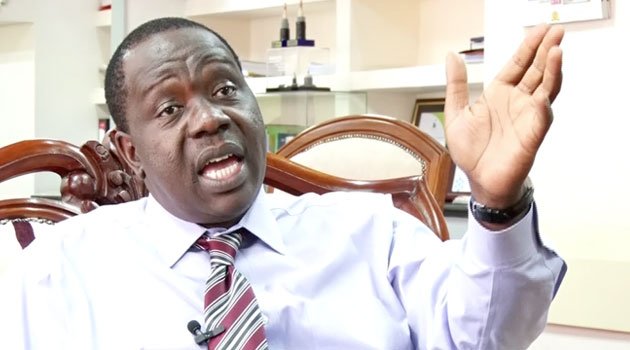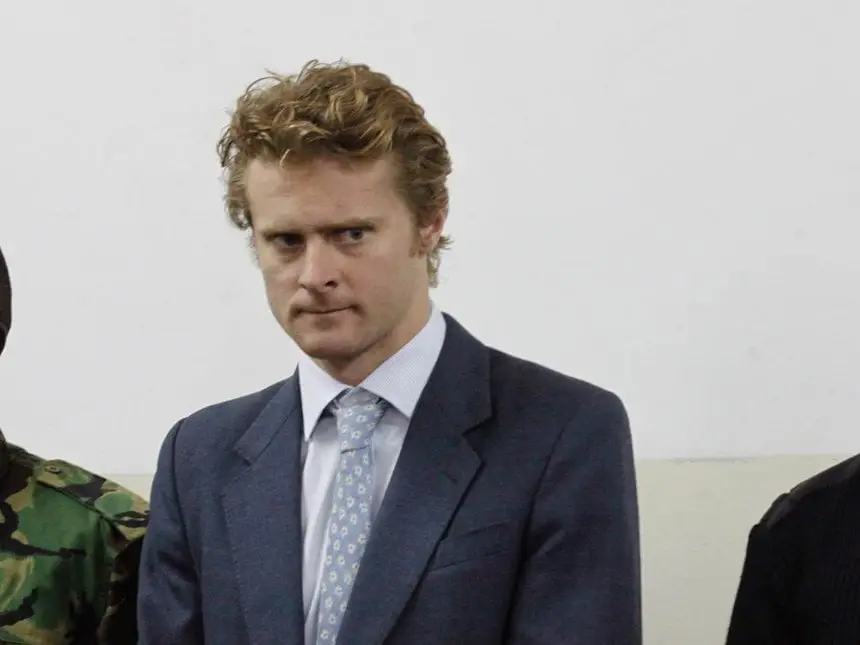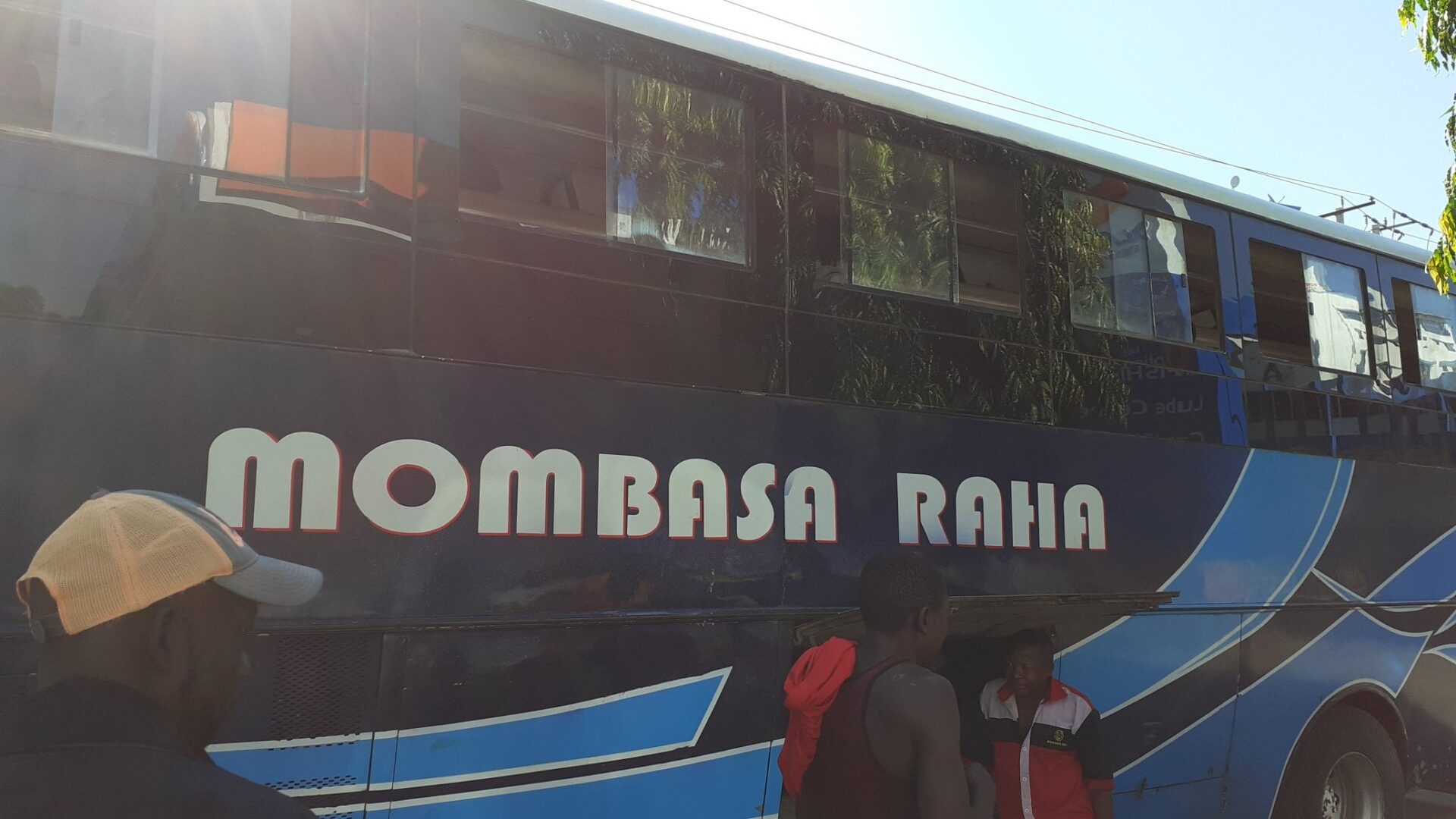All hope is not lost as many Kenyans are using courts to fight retrogressive Laws, for instance, the Alcoblow Directive that the tribunals declared was conflicting with the traffic act.
As we move forward, Kenyans are exercising their rights to fight retrogressive Laws and defend what is right. A Kenyan of Goodwill had petitioned Education Cabinet Secretary to withdraw a Kiswahili Setbook over intergity, corruption and other reasons.
As Cyprian Nyakundi, I will keep highligting some of these issues the corrupt media is bribed to be mute about.
TO DR FRED MATIANG’I
CABINET SECRETARY
MINISTRY OF EDUCATION
16/02/2017.
REF: IMMEDIATE WITHDRAWAL OF KISWAHILI SHORT STORY ‘TUMBO LISILOSHIBA NA HADITHI NYINGINE’ FROM THE KISWAHILI SETBOOK LIST FOR 2017/2021 PERIOD BECAUSE OF SERIOUS INTEGRITY ISSUES
- It doesn’t bring diversity
Ten out thirteen stories in the book are written by two authors disguising to be many authors. In fact, 7/13 stories are written by Ken Walibora and Said Mohamed. Ken Walibora is using a pen name (Alifa Chokocho and Eunice Kimaliro) and Said Ahmed is also using a pen name (Dumu Kayanda). Eunice Kimaliro is said to be Ken Walibora’s sister. It is easy to know who these pen names are. In the first circular released by KICD to All secondary school head teachers that circulated widely in social media, attached herein, the editors for this book were Ken Walibora and Said Mohamed. But in the second circular released, herein attached, the editors changed from Ken Walibora to Alifa Chokocho and from Said Ahmed to Dumu Kayanda. But in the table of contents of the book, there are short stories written by Ken Walibora (1), Alifa Chokocho, who is actually Ken Walibora (3); Said Mohamed (1), Dumu Kayanda, who is actually Said Mohamed (1) and Eunice Kimaliro, whose story its alleged was written by Ken Walibora (1). Some sources from the publisher of this book that wanted to remain anonymous said that the two authors wrote 10/13 stories in the book. The source did not name the other stories.
From this, it’s very clear that there is no diversity in this stories and this will be a raw deal to the students for five years.
Surely, from the list of more than 20 short stories that were submitted at KICD, the list of the same is found at KICD, there were good story books that had diversity and credibility.
2. Almost same stylistically devices
From the fact that most of the stories were written by two authors, the stylistics, thematic concerns and characterizations taught have a striking similarities. This is not what is intended by the ministry of education when teaching short stories.
3. Recycling of authors
Today if you ask a middle aged person their favorite Kiswahili set book they will definitely tell you Siku Njema by Ken Walibora, or Amezidi by Said Mohamed. If you ask another group they will tell you Utengano by Said Mohamed. If you ask young people they will tell you Kidagaa Kimemwozea by Ken Walibora.
These two authors have in one way or the other been in the set book list for so long. Yet, KICD receives so many good books that are always thrown away ‘because they are bad’. Its time Students got the best.
Even the outgoing Kiswahili Short Story set book, Damu Nyeusi, is by Ken Walibora and Said Mohamed. The Outgoing novel, Kidagaa Kimemwozea, is by Ken Walibora. The previous novel, Utengano, was by Said Mohamed. The first short story, Mayai Waziri wa Maradhi, featured Ken Walibora and Said Mohamed. Before that, there was Siku Njema by Ken Walibora and Amezidi by Said Mohamed.
4. Conflicting circulars by KICD
This is already explained in the first point above. The first circular by KICD that circulated widely in social media indicated that for Kiswahili Short Stories, Tumbo Lisiloshiba na Hadithi Nyingine by Ken Walibora and Said Mohamed had been selected. Later, a second and final circular was released that listed the same book but with different editors, Alifa Chokocho instead in place of Ken Walibora and Dumu Kayanda in place of Said Mohamed. To show clearly that this two are just pen names, inside the book, Alifa Chokocho and Dumu Kayanda have the same profile and are said to be emerging energetic writers. One wonders how emerging writers bring together writers like Ken Walibora and Said Mohamed and to have their book selected by KICD.
This is a big fraud.
5. Corruption allegations
There have been allegations of corruption in this exercise. It’s said that the first release of this exercise was cancelled because of corruptions allegations and publishers were told to resubmit their titles (with no extra cost). It’s after the resubmission that these results were released. Word has it that some publishers paid between 10m-20m to have their books approved as set books. In the last circle, it’s also alleged that a certain publisher in Westland paid 15million to some cartels to have its two books approved to be set books. The two books its alleged are a Kiswahili novel and English novel.
In summary, this is an indication of the rot that is going on in the set book selections. It’s a big business for some cartel.
This letter is intended to highlight what has been happening from the various allegations.
Thank you.
